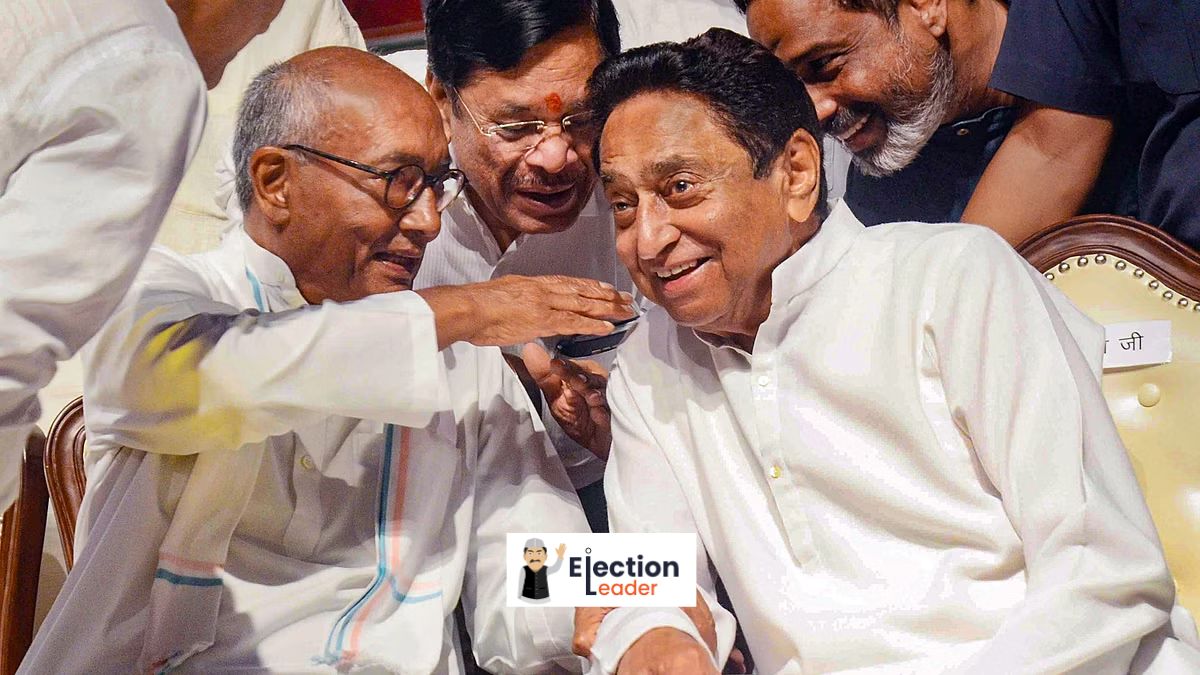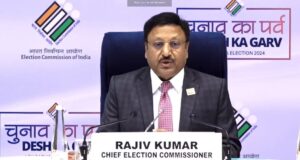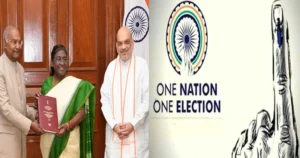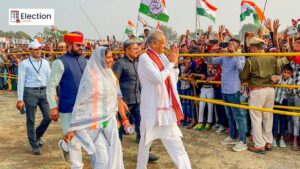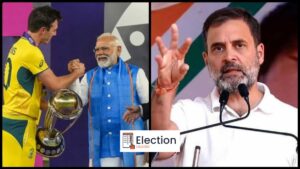Digvijaya Singh, in response to these allegations, has vehemently denied any internal disputes and instead claims that these rumors are nothing more than a propaganda tactic employed by the Bharatiya Janata Party (BJP). In this article, we will delve into this political drama, examining the alleged discord and Digvijaya Singh’s claims of a BJP conspiracy.
It is crucial to remember that these kinds of divisions inside political parties are common and can be linked to a range of viewpoints and approaches. The timing of these stories, however, led many to believe that these disagreements were being inflated or used for political advantage.
Singh emphasized that different viewpoints are a normal aspect of the democratic process and that the INC is a diverse party. He made it clear that although constructive talks and debates were occurring within the party, they shouldn’t be interpreted as internal disputes.
Knowing the part the Bharatiya Janata Party (BJP) is playing in this debate is vital. For many years, the BJP and INC have been bitter political adversaries, and their rivalry can be fierce. Parties frequently use a variety of strategies to obtain an advantage in the lead-up to elections or other big political events.
The BJP seized the opportunity to profit from the reports of internal conflict within the INC, despite having previously been accused of deploying misinformation and disinformation efforts. The BJP hopes that by making these accusations widely known, the opposition will appear divided and chaotic, which would help them win over more people.
The basis for Digvijaya Singh’s counterargument—that the BJP is disseminating propaganda—is a recognizable pattern of conduct. The INC chief referenced cases where the BJP was accused of undermining its political rivals using the same strategies in the past. Singh claimed that in an effort to deflect attention from urgent problems and concentrate on internal conflicts, the BJP was trying to fabricate a story of division inside the INC.
A political party’s ability to stay united is essential to its success. Parties can lose the trust of the public and become less effective as the opposition or as a possible ruling party when they appear fragmented or disorganized. The purported involvement of the BJP in spreading reports of dissension within the INC highlights the need to preserve internal unity and settle disputes in secret so as to avoid giving political rivals ammunition.
In Indian politics, Digvijaya Singh is not a fresh face. Throughout his lengthy and illustrious career, he held the position of Chief Minister of Madhya Pradesh for two terms in a row, from 1993 to 2003. Within the INC, he is regarded as a respected figure due to his experience and knowledge. Singh’s assertions of party unity are supported by his adeptness at navigating the convoluted terrain of Indian politics and his comprehension of the party’s internal operations.
Another seasoned politician with a big say inside the INC is Kamal Nath. He has occupied a number of important roles, including the Indian government’s Minister of Urban Development. Nath’s strategic thinking and political aptitude make him a vital member of the INC.
Now, the question is how this dispute would ultimately impact the Indian National Congress. The party has been battling in recent years to reclaim the authority it formerly possessed at the federal level. Whether accurate or not, accusations of internal strife can damage a party’s standing and its capacity to show the voters a united face.
Preserving party unity is critical as the INC gets ready for the next elections. In this process, Digvijaya Singh and Kamal Nath both have significant responsibilities to play. The leadership of the party needs to make sure that its members put up a united face for the public and handle any real disagreements in a constructive way.
The INC’s position as the primary opposition party will continue to be important as India’s political environment changes, and the party’s ability to put up a united front will be essential to its continued success. Voters will ultimately determine whether or not these accusations actually affect the Indian National Congress and its chances in the next elections.
Digvijaya Singh is a senior Indian politician and a member of the Indian National Congress. He has held various political positions, including Chief Minister of Madhya Pradesh.
He served as the Chief Minister of Madhya Pradesh for two terms and has been a Member of Parliament. He is known for his active involvement in Indian politics.
Digvijaya Singh is a member of the Indian National Congress, a center-left political party in India. His political ideology aligns with the party’s principles, which include social justice and secularism.
Yes, he has held various positions within the Indian National Congress, including that of General Secretary of the All India Congress Committee (AICC).
He has been involved in several controversies, including comments about the 2008 Mumbai attacks, which generated significant debate and criticism.
Kamal Nath is a senior Indian politician and a member of the Indian National Congress. He has held various political positions, including Chief Minister of Madhya Pradesh.
Kamal Nath has had a long and distinguished political career. He has served as a Member of Parliament, a Union Minister, and as the Chief Minister of Madhya Pradesh.
Kamal Nath is a member of the Indian National Congress and aligns with the party’s center-left political ideology.
Has Kamal Nath held any other important positions in the Congress party?
Kamal Nath has been embroiled in controversies, particularly related to the 1984 anti-Sikh riots, with allegations of involvement. These allegations have been a source of significant debate and legal proceedings.



